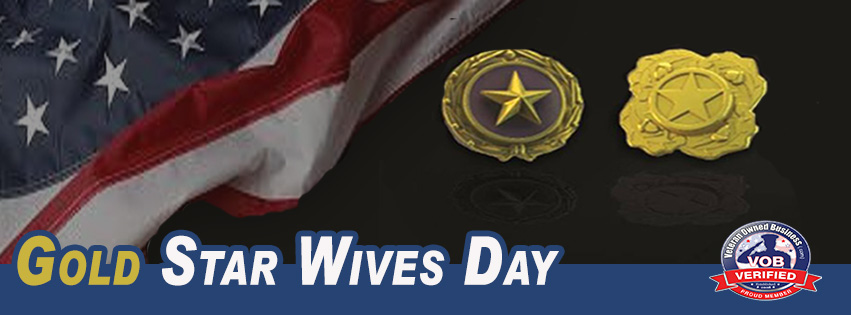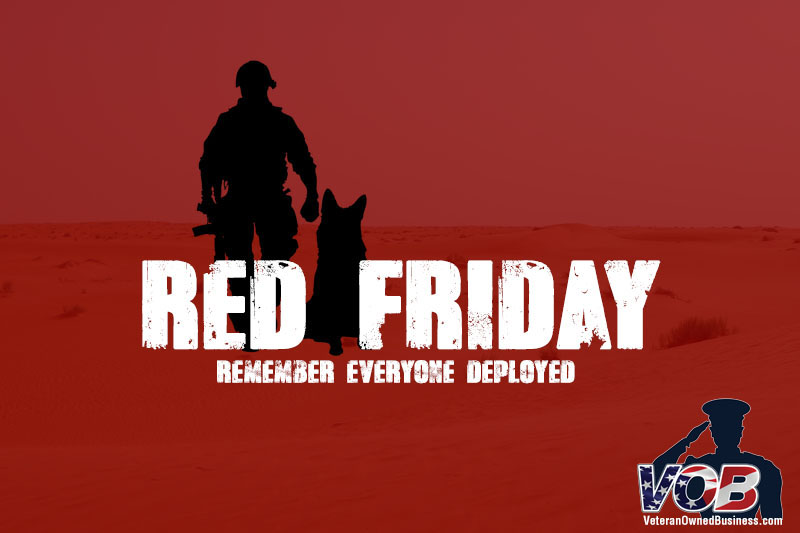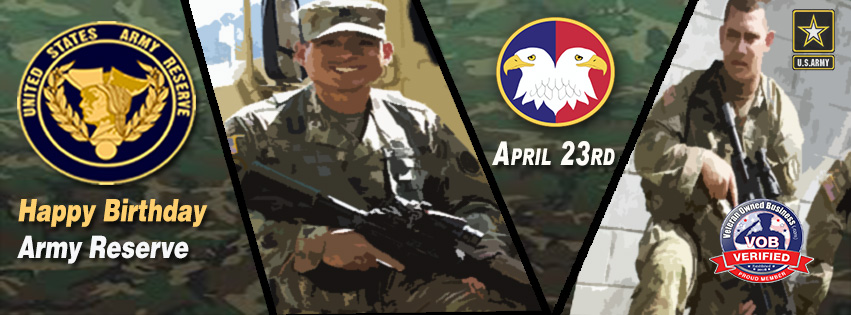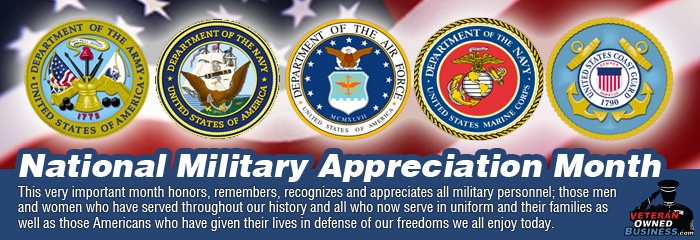79th Anniversary of D-Day!
79th Anniversary of D-Day Invasion

Click here to see a full list of military holidays, birthdays, anniversaries and observances!
Only 10 days each month were suitable for launching the operation: a day near the full Moon was needed both for illumination during the hours of darkness and for the spring tide, the former to illuminate navigational landmarks for the crews of aircraft, gliders and landing craft, and the latter to provide the deepest possible water to help safe navigation over defensive obstacles placed by the Germans in the surf on the seaward approaches to the beaches. A full moon occurred on 6 June. Allied Expeditionary Force Supreme Commander Dwight D. Eisenhower had tentatively selected 5 June as the date for the assault. The weather was fine during most of May, but deteriorated in early June. On 4 June, conditions were clearly unsuitable for a landing; wind and high seas would make it impossible to launch landing craft from larger ships at sea, and low clouds would prevent aircraft finding their targets.
The Allied troop convoys already at sea were forced to take shelter in bays and inlets on the south coast of Britain for the night.
It seemed possible that everything would have to be cancelled and the troops returned to their embarkation camps (which would be almost impossible, as the enormous movement of follow-up formations into them was already proceeding). The next full moon period would be nearly a month away. At a vital meeting on 5 June, Eisenhower’s chief meteorologist (Group Captain J.M. Stagg) forecast a brief improvement for 6 June. Commander of all land forces for the invasion General Bernard Montgomery and Eisenhower’s Chief of Staff General Walter Bedell Smith wished to proceed with the invasion. Commander of the Allied Air Forces Air Chief Marshal Leigh Mallory was doubtful, but the Allied Naval supremo Admiral Bertram Ramsay believed that conditions would be marginally favorable. On the strength of Stagg’s forecast, Eisenhower ordered the invasion to proceed. As a result, prevailing overcast skies limited Allied air support, and no serious damage was done to the beach defenses on Omaha and Juno.
The Germans meanwhile took comfort from the existing poor conditions, which were worse over Northern France than over the Channel itself, and believed no invasion would be possible for several days. Some troops stood down, and many senior officers were away for the weekend. Field Marshal Erwin Rommel, for example, took a few days’ leave to celebrate his wife’s birthday. While dozens of division, regimental, and battalion commanders were away from their posts at war games, the Allied forces were attacking.
So, on June 6, 1944, 160,000 Allied troops landed along a 50-mile stretch of heavily-fortified French coastline to fight Nazi Germany on the beaches of Normandy, France. General Dwight D. Eisenhower called the operation a crusade in which “we will accept nothing less than full victory.” More than 5,000 Ships and 13,000 aircraft supported the D-Day invasion, and by day’s end on June 6, the Allies gained a foot-hold in Normandy. The D-Day cost was high — more than 9,000 Allied Soldiers were killed or wounded — but more than 100,000 Soldiers began the march across Europe to defeat Hitler.
—————————————
“Soldiers, Sailors and Airmen of the Allied Expeditionary Force! You are about to embark upon a great crusade, toward which we have striven these many months. The eyes of the world are upon you. The hopes and prayers of liberty loving people everywhere march with you. In company with our brave Allies and brothers in arms on other fronts, you will bring about the destruction of the German war machine, the elimination of Nazi tyranny over the oppressed peoples of Europe, and security for ourselves in a free world.
Your task will not be an easy one. Your enemy is well trained, well equipped and battle hardened, he will fight savagely.
But this is the year 1944! Much has happened since the Nazi triumphs of 1940-41. The United Nations have inflicted upon the Germans great defeats, in open battle, man to man. Our air offensive has seriously reduced their strength in the air and their capacity to wage war on the ground. Our home fronts have given us an overwhelming superiority in weapons and munitions of war, and placed at our disposal great reserves of trained fighting men. The tide has turned! The free men of the world are marching together to victory!
I have full confidence in your courage, devotion to duty and skill in battle. We will accept nothing less than full victory!
Good Luck! And let us all beseech the blessings of Almighty God upon this great and noble undertaking.”
– Gen. Dwight D. Eisenhower














